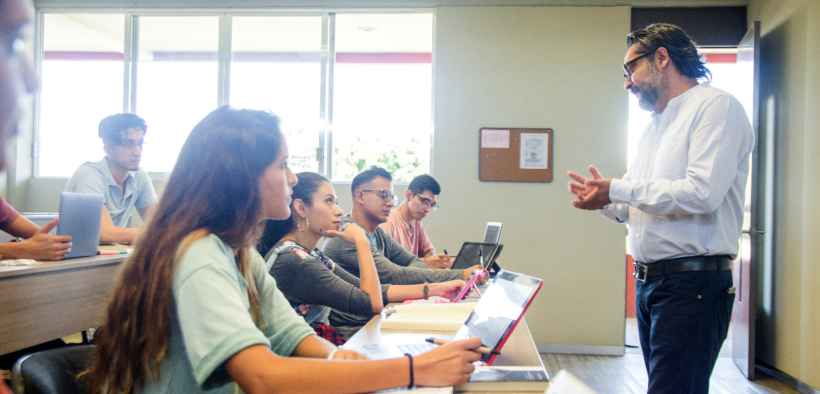In William Wordsworth’s well-known sonnet “The World Is Too Much with Us; Late and Soon,” the titular line’s meaning hinges on two words, the latter of which may initially seem insignificant: “world” and “with.” “World” refers to human affairs; and, of all the definitions for “with,” Wordsworth uses it in the sense of “accompany” or “attend”: human affairs too much attend us. We are so concerned with the minutiae of daily life, with “getting and spending,” as Wordsworth says, that we miss what is truly important.
The Lesson Is Too Much with Us: Recognizing Teaching Moments

- Tags: class discussions
Related Articles
I have two loves: teaching and learning. Although I love them for different reasons, I’ve been passionate about...
Could doodles, sketches, and stick figures help to keep the college reading apocalypse at bay?...
We’ve all faced it: the daunting stack of student work, each submission representing hours of potential grading. The...
Storytelling is one of the most powerful means of communication as it can captivate the audience, improving retention...
For some of us, it takes some time to get into the swing of summer. Some of us...
About a year ago, I decided to combine the ideas of a syllabus activity and a get-to-know-students activity....
The use of AI in higher education is growing, but many faculty members are still looking for ways...








